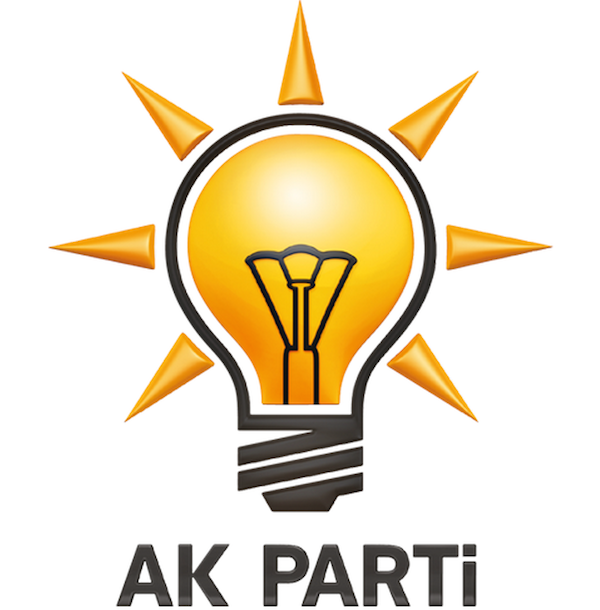Over the years, many a high school principal or administrator has tried — with varying degrees of success — to suppress something their high school’s student newspaper would like to print. Generally, the content in these cases is inflammatory or inappropriate in some way and occasionally even potentially dangerous. Sometimes, the school officials are actually trying to cover something up.
In many cases, the courts have smacked down these administrators for unconstitutional infringements of students’ rights to free expression and free press (such as it is). Whereas other forms of expression can sometimes be limited for being overly disruptive to the learning environment, the courts seem to feel that broadly speaking, student newspaper content is pretty harmless, however important it might seem in the heat of the moment to students and staff inside a little bubble.
Most administrations would probably be better off ignoring anything that’s not outright criminal or endangering someone’s safety, because the suppression — much like the proverbial coverup — is nearly always worse than the “crime” and blows something tiny into a national story.
And that brings us to this week’s openly mockable student newspaper suppression attempt by a misguided high school principal. The reasonably successful high school football team of Neshaminy High School in Langhorne, PA is called the “Redskins,” like the Washington NFL team and the teams of many other backward schools nationwide. In an effort to protest the highly offensive nature of the team’s name, the staff of the student newspaper vowed not to print the school’s team name — following the lead of a number of major real newspapers for the real football team.
Principal Rob McGee responded initially, in November during state playoffs, by informing the student paper that they “[didn’t] have the right to not use the word Redskins.”
A truly laughable attempt. In what way did the principal think he was going to keep a school paper from not printing the name of the school’s football team? There’s no way that order passes constitutional muster. There’s clearly no public harm or student harm in not printing something in a school paper.
I’m fairly certain that any case where the courts have ever ruled against a student newspaper has been to tell them they did not have a right to print some controversial thing. I doubt there’s ever been a ruling saying they had to print something — short of perhaps some discrimination/equal opportunity case.
Unsurprisingly, the students running the paper now have legal representation and plan to reinstate their policy of refusing to use the term. Good luck stopping them, Principal McGee. You tried it though.



